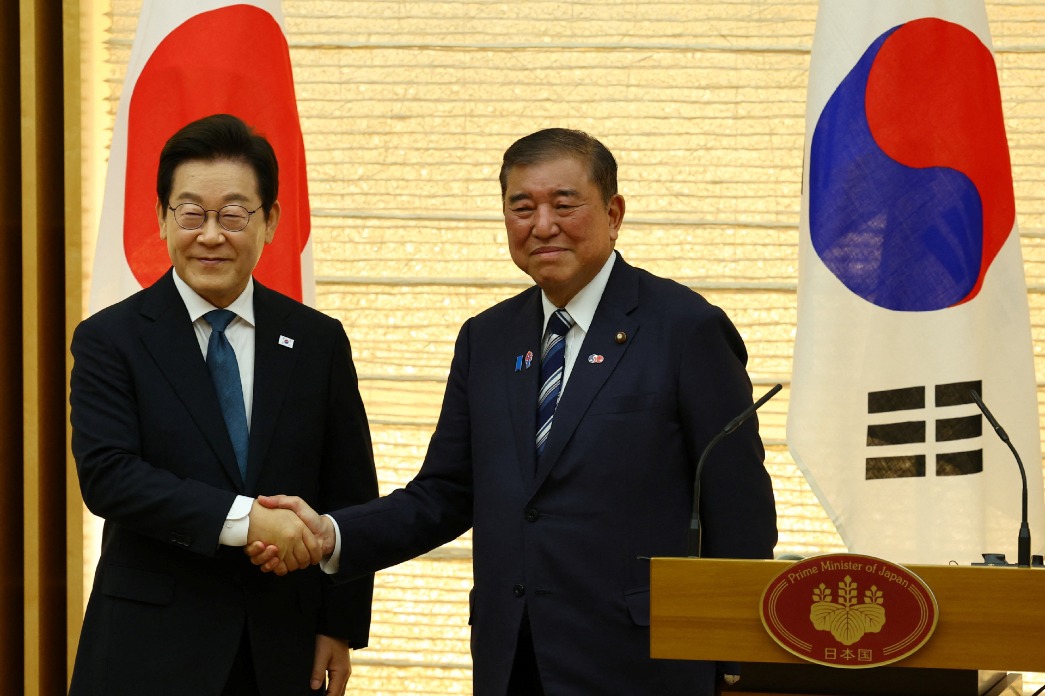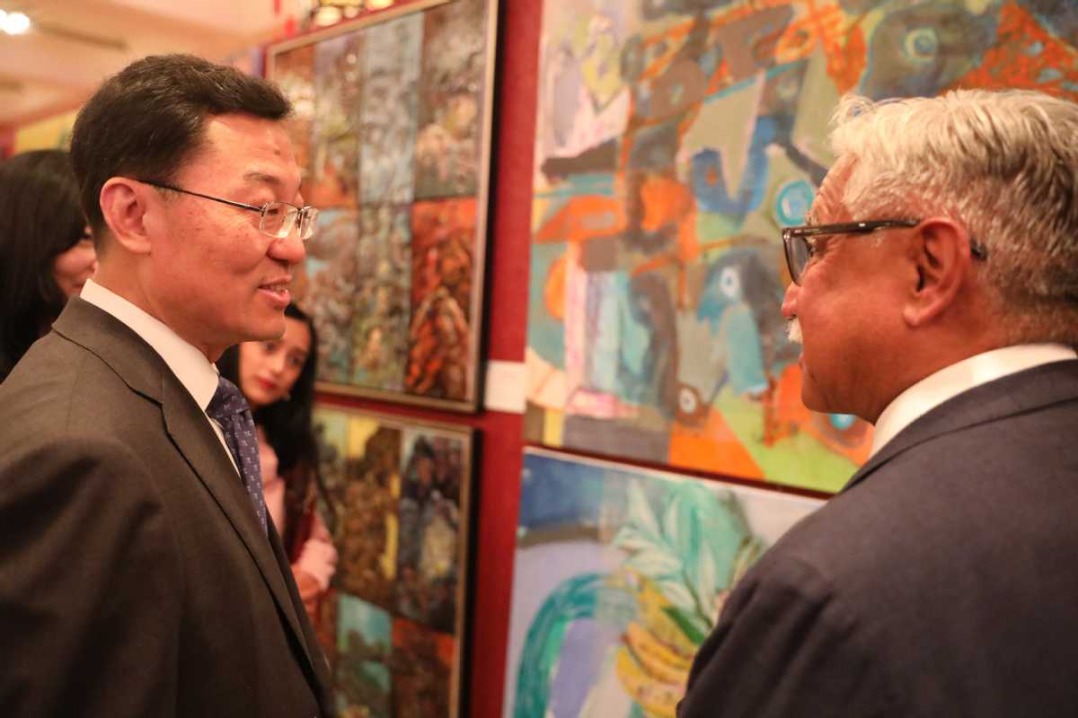Breakthroughs could create a new genre — 'glam-sci'?

Can scientists be made into celebs? Does anyone really think they want to be?
Two Chinese scientists have been awarded $3 million Breakthrough Prizes, which seem to come with a hidden agenda.
The awards were created in 2012 and still funded by a veritable Who's Who A-list of Silicon Valley stars — Google co-founder Sergey Brin and his wife Anne Wojcicki, founder of genome-testing company 23andMe, Facebook founder Mark Zuckerberg and his wife Priscilla Chan, and philanthropists Yuri and Julia Milner. Their ranks were recently joined by Pony Ma, co-founder of Tencent.
The stated goal is "to recognize paradigm-shifting research in a number of fields" and "celebrate the achievements of the world's top scientists and inspire the next generation of research."
Mrs Milner summed it up for the Hong Kong Tatler like this: "Scientists are completely unknown to most people," she said. "We wanted — to put it very literally — to make them celebrities too, and in this way popularize science."
Sometimes called the "Oscars of Science," the prizes are handed out in a gala star-studded awards ceremony the richest in the field, with winners receiving $3 million. In addition to the life sciences, prizes are handed out in mathematics and fundamental physics.
The two Chinese scientists won in life sciences.
Xiaowei Zhuang, of?Harvard University?and?Howard Hughes Medical Institute, won for discovering hidden structures in cells by developing super-resolution imaging — a method that transcends the limits of light microscopes, seeing smaller and smaller things.
Xiaowei is described as something of a child prodigy.?At age 6, she was able to identify the atmospheric force acting on a glass of water, impressing her father, a professor of aerodynamics at China's leading science and?technology?university.?
Years later,?as a post-doc at Stanford during the dawn of the?golden age of microscopy,?she channeled her?passion for physics and imaging into exploring biological systems.
In her lab at Harvard now, she invented a technique called stochastic optical reconstruction microscopy, or?STORM, which allowed researchers to see objects believed to be too small to ever be seen by conventional light microscopes.
The ultra-high resolution technique produces images of molecules and cellular structures?10,000-times smaller than the width of a human hair. With STORM, her lab has?discovered previously unknown structures in cells, such as "skeletons" in the brain's neurons.?
So far, Xiaowei said, she hasn't contemplated how to spend the $3 million that comes with the prize — roughly three times as much as a Nobel and touted as the most generous in science.
"My broad interest is in understanding the nature of living things — how life arises from the collective actions of molecules, i.e., the molecular basis of life," she told The Harvard Crimson. "Inside a cell, there are many types of molecules that form intricate networks of interactions that control its function and behavior."
The other Chinese winner is looking into the exact same thing, only from a different angle.
Zhijian "James" Chen, from the?University of Texas Southwestern Medical Center?and?Howard Hughes Medical Institute, was cited for describing the workings of an underlying,?innate immune system that operates out of every cell in our body and triggers the body's fight against viruses and other invaders.
His work has shown how DNA brought in by an invader, or seeping out of?a cell's?nucleus, is sensed by an enzyme that?ultimately activates white blood cells to respond.?He is now trying to find ways to harness this powerful healing force to stop diseases like cancer.?
Chen?grew up in a remote mountain village in China's Fujian province. Early in his childhood, he demonstrated?an innate curiosity about nature?and was encouraged by his parents to pursue a career in science. He earned his PhD at SUNY Buffalo and believes that science has no borders and that disease is the common enemy of people everywhere.
"The winners of the Breakthrough Prize in Life Science show us all how it's done," said Cori Bargmann, chair of the selection committee. "Through creativity, innovation, persistence, and skill, each of them brought about an advance that was previously unimaginable."
The awards ceremony will be hosted by Pierce Brosnan and broadcast and live-streamed on National Geographic TV and its Facebook and YouTube platforms on Nov 4.
Contact the writer at chrisdavis@chinadailyusa.com

































